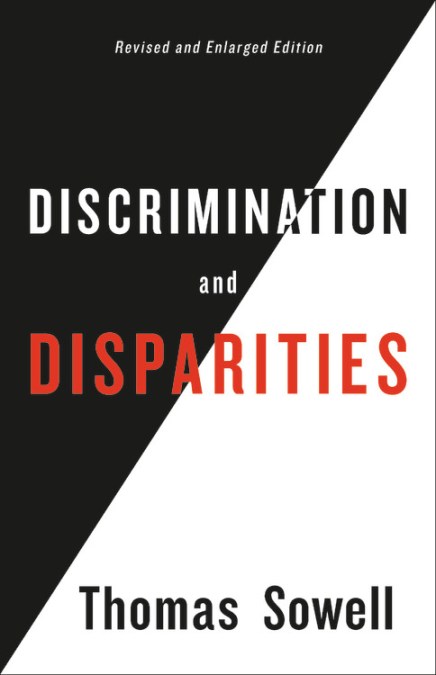Discrimination and Disparities
Economic and other outcomes differ vastly among individuals, groups, and nations. Many explanations have been offered for the differences. Some believe that those with less fortunate outcomes are victims of genetics. Others believe that those who are less fortunate are victims of the more fortunate.
Discrimination and Disparities gathers a wide array of empirical evidence to challenge the idea that different economic outcomes can be explained by any one factor, be it discrimination, exploitation, or genetics. This revised and enlarged edition also analyzes the human consequences of the prevailing social vision of these disparities and the policies based on that vision--from educational disasters to widespread crime and violence.
This edition takes on other widespread fallacies, including a non sequitur underlying the prevailing social vision of our time—namely, that if individual economic benefits are not due solely to individual merit, there is justification for having politicians redistribute those benefits.
Each fallacy seems plausible on the surface, but that is what makes it worthwhile to scrutinize both their premises and the underlying facts. Many other new issues are addressed in this edition—in an international context, as in the first edition—but these two fallacies seem to be at the heart of much, if not most, of the prevailing social vision, sometimes summarized as “social justice.”
